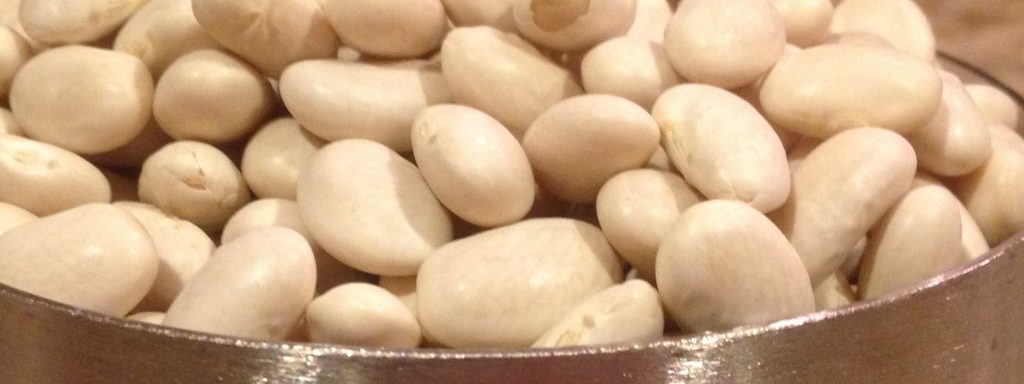- No oil option: sauté vegetables in vegetable broth and/or cooking wine
Note: All of these recipes contain a lot of olive oil. Consider adding 1-2 Tablespoons to start with and adjust as needed to suit your palate.
Recipes from The Greek Vegan

Note: All of these recipes contain a lot of olive oil. Consider adding 1-2 Tablespoons to start with and adjust as needed to suit your palate.
Recipes from The Greek Vegan

Fasting has definitely become a buzzword over the last several years (social media, books, casual conversations, and beyond) and is something that I started gaining an interest in over 10 years ago while I was participating in a spiritual formation program offered jointly through Pittsburgh Theological Seminary and Columbia Theological Seminary. While the current fasting trend is primarily focused on the physical effects of fasting, fasting for one’s overall health has been around for centuries. Since we just finished the Advent and Christmas season, which has traditionally been a season of fasting followed by feasting, and will shortly be entering Lent, also a time of fasting followed by feasting, I thought that this would be an appropriate time to share a few fasting facts to chew on.
Through the spiritual and physical act of fasting, our lives can be filled in amazing ways!
While I don’t have space here to discuss how fasting fell out of practice among Christians, which I find to be a fascinating topic in and of itself, fasting has virtually disappeared from our modern life (secularly and religiously) for a variety of reasons. I think this is a shame because, at least for me, the discipline of fasting has greatly enriched my life in ways I would never have anticipated.
In this season of new beginnings, and with Lent coming soon, I want to encourage you to consider participating in some sort of fast and/or abstinence practice. I am certainly looking forward to doing so, myself!
Reflection Questions
Peace,
Karen H. Webster
HSHC Co-founder/Executive Director
“Behind every fitting choice of abstinence lies the question, what do I do to excess? What I do to excess reveals my inordinate desires, my compulsions, the attachments that have control over me. They are precisely the areas of my life that need the freeing lordship of Christ rather than my own abysmally ineffective efforts of control. Fasting is not primarily a discipline through which I gain greater control over my life, but one through which God gains access to redirect and heal me in body, mind, and spirit.”
Marjorie J. Thompson, Soul Feast
Want to Learn More? Here are a few resources you may find to be helpful:
The Spiritual Disciple of Fasting
Fasting and Physical Health
Christian-Oriented Books That Discuss Fasting
Thompson, Marjorie J. Soul Feast, Newly Revised Edition: An Invitation to the Christian Spiritual Life (Sept. 26, 2014).
¹ Please note: while I enjoy talking about this subject, I am not an expert in this field. Therefore, please speak with your healthcare provider before engaging in any form of food fasting, especially if you have any underlying health conditions.
² https://www.alimentarium.org/en/knowledge/voluntary-fasting
³ https://www.alimentarium.org/en/knowledge/voluntary-fasting
⁴ https://www.healthline.com/nutrition/fasting-benefits In addition, there is increasing scientific and clinical evidence suggesting that fasting may be a way of addressing a number of health challenges, such as obesity, diabetes, Alzheimer’s, certain auto-immune diseases, cancer, and more. Check out some of the articles listed in the resource section for more information.
Photo by Rachael Gorjestani on Unsplash